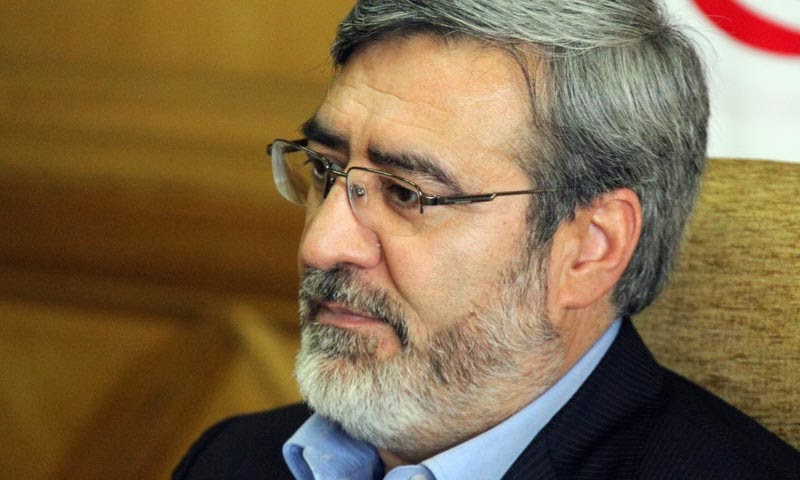.
Abdolreza Rahmani Fazli’s remarks on state TV come a week after the little-known Jaish al-Adl posted photos on Twitter of five men it claims are border guards it seized near Pakistan.
He said Iran had asked Pakistan to treat the case “strongly and seriously” or allow Iran to secure the remote region “deep on Afghanistan and Pakistan soil.”
“Otherwise we do consider it our own right to intervene and create a new security sphere for our safety,” he said.—AP
Reuters adds: According to Iranian media reports, the guards were seized on February 6 in the Iranian province of Sistan-Balochistan by militants who allegedly took them across the border to Pakistan.
The area where the kidnappings took place has a history of unrest, with the mainly Sunni Muslim population complaining of discrimination by Iran’s Shia Muslim authorities, a charge Iran denies.
Iranian security forces have also fought drug traffickers in the region that borders Pakistan and Afghanistan.
The Iranian armed forces’ deputy chief of staff was quoted as telling the semi-official Fars news agency that Iran would “show tough confrontation in this case.”
“We will have no soft stand in this case and our neighbouring country … should account for its lack of action,” Major General Hossein Hassani Sa’di told reporters in Tehran on Monday, according to Fars English language website.
Sa’di said the guards were still alive, and underlined that “political and military measures are underway to set them free”, without elaborating.
Interior Minister Rahmani-Fazli said an Iranian delegation would visit Pakistan on Monday to secure the guards’ release, state news agency ISNA reported.
In October, 14 Iranian border guards were killed and three others captured in the same area in an attack that ISNA said was carried out by Jaish al-Adl.—Reuters


